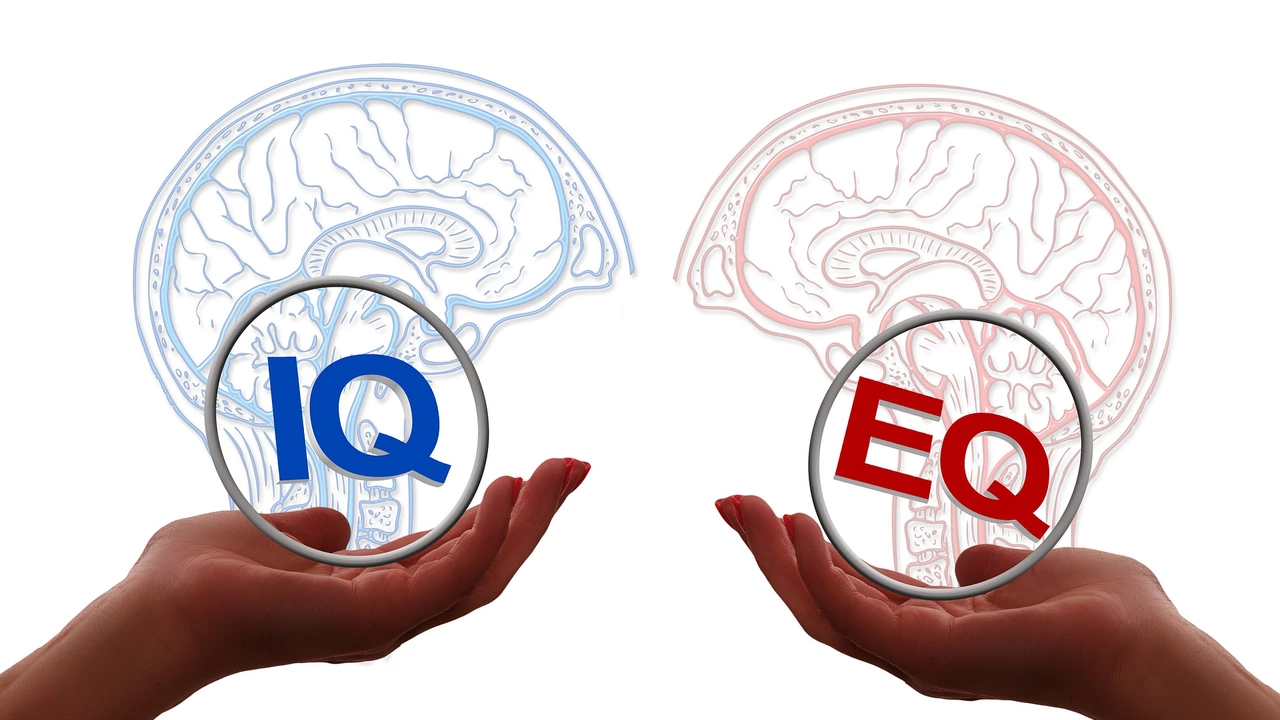Why is the Indian media so stupid?

Introduction: The Question of Intelligence
As an Indian and a consumer of Indian media, I have often found myself frustrated with the quality of news reporting in our country. It's not uncommon for me to wonder, "Why is the Indian media so stupid?" This is not a question directed at individuals working in the media, but rather at the system and its practices. This article is an attempt to explore this question in depth and to understand the reasons behind the current state of the Indian media.
The Race for TRP's
One of the main reasons for the mediocrity in Indian media is the intense competition for Television Rating Points (TRPs). In the race to grab the most viewers, media organizations often resort to sensationalism and fear-mongering instead of balanced and nuanced reporting. The focus is more on who can shout the loudest or who can create the most dramatic news, rather than who can provide the most accurate and insightful information. The ultimate victim in this race for TRPs is the truth and the viewer's right to unbiased information.
Sensationalism Over Substance
Another issue with Indian media is the focus on sensationalism over substance. This is particularly apparent in news channels, where debates often turn into shouting matches, with little regard for facts or balanced viewpoints. In the quest for eyeballs and engagement, media often resorts to creating controversies and spreading fear, instead of providing meaningful and useful information to the viewers. This reduces the media to a circus, rather than a platform for informed discussions and debates.
Ownership and Political Bias
Media in India, like in many countries, is often owned by corporations or individuals with political affiliations. This can lead to biased reporting and a lack of objectivity. News is often framed in a way that supports the political agenda of the owners, leading to a distorted representation of reality. This bias is not only harmful to the democratic process, but also undermines the credibility of the media.
Lack of Training and Ethics
There is also a lack of professional training and ethical standards in Indian media. Many journalists do not have formal training in journalism, and there is a lack of emphasis on journalistic ethics. This results in poor quality reporting, with little regard for facts or objectivity. Often, reporters resort to unethical practices such as paid news or plagiarism, further damaging the credibility of the media.
The Influence of Social Media
Social media has also had a significant impact on Indian media. While it has democratized the dissemination of information, it has also given rise to fake news and misinformation. Media organizations often pick up stories from social media without verifying their accuracy, leading to the spread of false information. This lack of fact-checking and verification is a serious issue, as it can lead to social unrest and damage the public's trust in the media.
Conclusion: The Need for Media Literacy
In conclusion, the perceived "stupidity" of Indian media is a result of several factors, including the race for TRPs, sensationalism, political bias, lack of training and ethics, and the influence of social media. However, as consumers of media, we also have a role to play. It is crucial for us to develop media literacy, to critically analyze the news we consume, and to demand better quality from our media organizations. Only then can we hope to see a change in the landscape of Indian media.